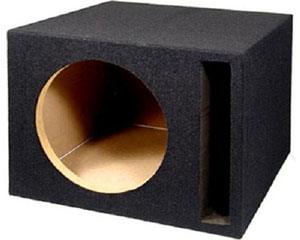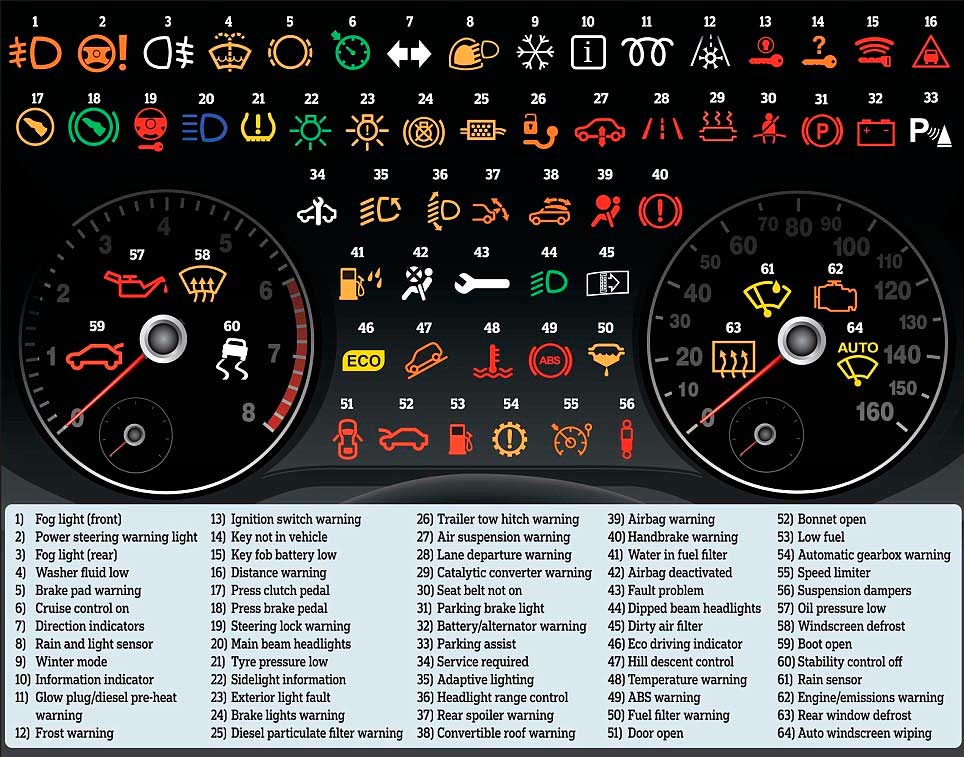 The safety of the vehicle directly depends on the reliability of the car alarm.
The safety of the vehicle directly depends on the reliability of the car alarm.
If the alarm from time to time keeps going off for no reason, you should immediately determine the causes of abnormal operation and proceed to their immediate elimination.
Why car alarm keeps going off on its own
Among the most probable causes of the abnormal triggering of the car alarm are:
- Improper sensitivity adjustment of the shock/tilt/rolling sensor.
- Bounce of contacts of closing doors, hood, trunk sensors.
- Battery discharge, the presence of leaks on the power supply circuits.
- High level of electromagnetic interference in the parking area.
- Bad contacts, violation of electrical wiring of alarm.
- Failures in the operation of CAN-bus of the car.
- Moisture ingress.
- Deliberate actions of car thieves.
Let’s understand what to do in each specific situation, how to determine the cause of false or pseudo-false positives.
1. Deliberate actions of car thieves
The situation is a classic, more than once described in the media, literature, and movies. The classic case: at night, the alarm in the car periodically starts to go off. After the third-fourth triggering, the owner, thinking that the signals are false, disarms the car, postponing the elimination of the problem for the morning.
In the morning, the problem goes away along with the car. Hijackers provoke false positives for their illegal purposes.
How false-positive triggers are usually caused:
- throwing small objects in the car;
- special transmitter of powerful radio interference;
- installation on the bottom of the vibrating device, etc.
How to act in such cases? In no case, do not disarm the car completely. In most car alarms for such a case, there is a “silent” mode of operation without a siren, which can be programmed from the key fob.

In extreme cases, it is possible to disconnect the siren: disconnect one of the conductors going to it. The tranquility of neighbors will be restored, and the alarm will continue to work.
When installing a car alarm, it is advisable to choose a model with an immobilizer function. With such function, hijackers will have a hard time starting the engine. However, this will not save the car from being hijacked using evacuation or towing. Usually, hijackers abandon their plans when an emergency light alarm goes off, which at night attracts attention.
2. Improper sensitivity adjustment of the shock/tilt/rolling sensor
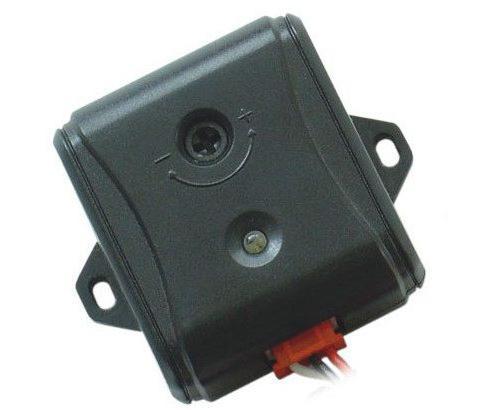 Increased sensitivity of the sensor can lead to false positives in bad weather conditions (wind, heavy precipitation), parking near highways, busy places.
Increased sensitivity of the sensor can lead to false positives in bad weather conditions (wind, heavy precipitation), parking near highways, busy places.
In modern car alarms, two-level sensors are mostly used (on weak and strong influences). Their sensitivity is set during the installation of a car alarm, as a rule, by adjusting the potentiometers located on the sensor body. If the sensitivity is high, it can lead to false positives.
In case of emergency, it is possible to temporarily programmatically disable the shock/tilt/rolling sensor or do it technically (disconnect the connector from the sensor).
The rolling sensor usually represents a small block mounted under the steering wheel, with a connector and an LED on the body. The housing has one or two adjustment holes for a small “plus” screwdriver.
The sensitivity of the sensor is adjusted by the instruction manual.
A common cause of false positives is a violation of the sensor mounting. Sometimes (and most often), it is attached to the elements of the body structure with plastic clips, which break off after a couple of years of operation. The sensor simply hangs on the wires, triggered by the slightest blow of the wind. Therefore, it is imperative to check the quality of its mounting.
3. Bounce of contacts of closing doors, hood, trunk sensors
Such malfunction is more common in cars of release before 2005. These cars were equipped with contact closing doors, hood, and trunk sensors, which often came into disrepair. The symptom of the problem with the standard door closing sensors is a non-constant vehicle alarm activation.
It is necessary to adjust the vails and brackets of the door locks mounted on the rack. Usually, the problem is eliminated. If necessary, you can replace the end switches.
Electronic sensors of closing of doors and windows are used in modern cars, so if the alarm fails due to their cause, it is often necessary to replace the entire lock blocks.
4. Battery discharge, the presence of leaks on the power supply circuits
If the car battery is discharged to a critical value, the car alarm may start to work in abnormal mode.
In bi-directional alarms with an LCD key fob, there is usually an onboard network voltage indication mode. If it is lower than 11.5 volts, the key fob beeps. In more simple alarms, the siren may trigger. In this case, it is necessary to check the voltage on the battery, the power supply circuit for leaks that lead to the discharge of the battery during parking.
Modern car alarms have extremely low consumption currents in security mode (up to 15 milliamperes). In the absence of leaks and a good battery, such car alarms can operate for up to six months during a long parking period without recharging the battery.
5. High level of electromagnetic interference in the parking area
Manufacturers indicate in the technical specifications the level of noise immunity of car alarms. In urban conditions, there are areas in which the level of electromagnetic field strength far exceeds the maximum possible level, which can lead to disruptions. Usually, such zones are located near:
- transceivers of cellular base stations;
- power lines;
- industrial zones.
The only way to eliminate the false positives associated with this cause is to look for another parking area.
6. Bad contacts, violation of electrical wiring of alarm
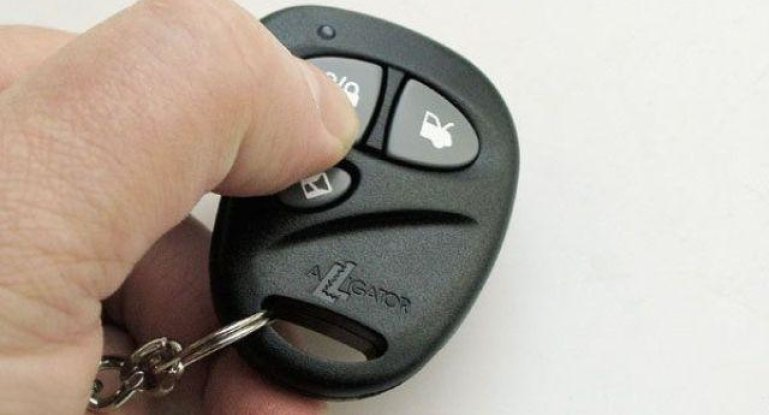 Often, the alarm system is installed on the car by non-specialists, with violations of electrical installation rules.
Often, the alarm system is installed on the car by non-specialists, with violations of electrical installation rules.
Even if it is appropriately installed, after five-seven years of operation, the alarm system starts to “glitch” most often due to the breakdown of contacts and connections.
Therefore, every year, more and more motorists are turning with orders for the dismantling of the old alarm.
In some cases, it is more rational to completely dismantle the old one and install a new car alarm than to constantly contact auto electricians about fixing problems with the alarm system installed a few years ago.
7. Failures in the operation of CAN-bus of the car
Modern car alarms collect information about car systems via CAN-bus. CAN-bus is a kind of local network of the vehicle, which connects the main control units of the car (body, engine, ABS, etc.)
If earlier the alarms controlled the closing of the doors directly from the sensors of each door, the modern alarms operating on the CAN-bus receive simultaneously almost all data on it: the state of the body, the temperature of the cabin, the engine and others.
Usually, CAN-bus is represented by a twisted pair of low and high levels. If its integrity is violated, the signal about the state of the security zones of the car is lost, the car alarm can identify such a state as an intrusion attempt and start to operate.
Restoring the integrity of the CAN-bus is quite a difficult problem that requires the intervention of a specialist.
8. Moisture ingress to the main alarm unit
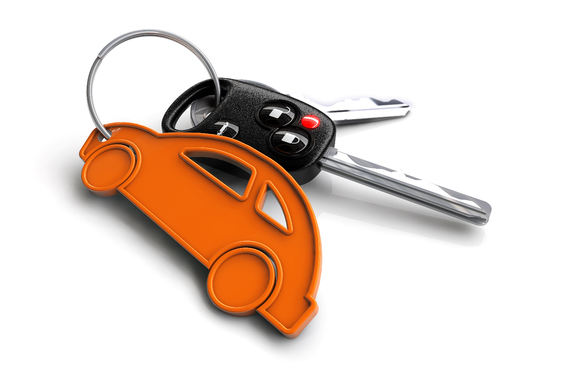 A widespread reason for older cars.
A widespread reason for older cars.
A typical car alarm installation location is under the dashboard in the area of the left pillar near the driver’s left knee.
Moisture penetrates the installation site by the driver’s stand.
Most often, the problem occurs in the fall, when the structural plums of rainwater under the windshield are clogged with fallen leaves and needles. Plums at this time of the year should be periodically cleaned.
If, however, water has got into this alarm unit, then it is necessary to turn off the ignition, remove the battery terminals, and disconnect the car alarm head unit from the connectors.
Then you need to carefully disassemble the case, clean the circuit board with a soft brush and medical spirit (not a solvent!), to dry, you can use a hairdryer at a temperature not higher than 130 degrees Celsius.
Advice
Your peace of mind depends on a reliable alarm system that works without failures. Do not accumulate problems. Eliminate them when the first false positives occur.
In most cases, the cause of any breakdown in the operation of the alarm system is improper installation.
Therefore, when purchasing an anti-theft system, do not provide its installation to garage professionals. When contacting an authorized service, you will most likely be able to get rid of many problems that are associated with the work of the security systems of your vehicle.
